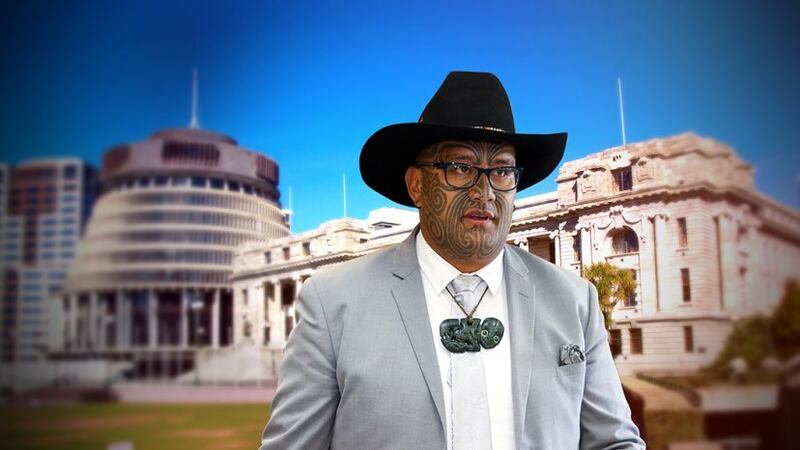Aotearoa New Zealand politician Rawiri Waititi has made international headlines after winning the right to not have to wear a tie in Parliament.
This comes after the Māori Party co-leader was ejected from Parliament for not wearing a tie and instead wore a heitiki, a traditional Māori pendant. But the 'business attire' rule was then overturned when Waititi returned to Parliament the next day wearing the heitiki, again without a tie.
“It’s not about ties – it’s about cultural identity, mate,” Waititi said to Speaker of the House Trevor Mallard.
Waititi put forward the case that a mandatory rule for wearing ties is an act of colonial oppression, and that his traditional greenstone ‘taonga’, or treasured cultural heirloom, is acceptable and appropriate business attire.
“This was about ensuring we could stand in our cultural truth in a place I believe belongs to all of us. It doesn’t just belong to Pākehā and they make all the rules, no, no, no. This place was consented to by our ancestors, through Te Tiriti o Waitangi and I have every right to the place as everybody else does,” Waititi said.
Following the second stance by Waititi, a parliamentary committee overturned the dress code that required male politicians to wear ties.
“I think it’s an honour for people to be in presence of people who do wear ‘taonga’ and take their tīpuna (ancestors) with them. Because what they do, is not only protect them but also guide them through the discussions and make the best decisions for our people,” Waititi said.
The news story has been shared by the New York Times, Now This News and has gleaned thousands of engagements online. Social media personality and Black Lives Matter activist Shaun King, who has 3.8m followers on Instagram, has also shared the story and voiced his support for Waititi.
Waititi says he is in Parliament to represent those who voted him in. “I represent the whanau and the people who don’t wear ties. They’re labourers, they’re teachers, they work on whanau trusts, they’re beneficiaries – none of them wears ties and none of them give a damn whether or not I wear a tie.”

